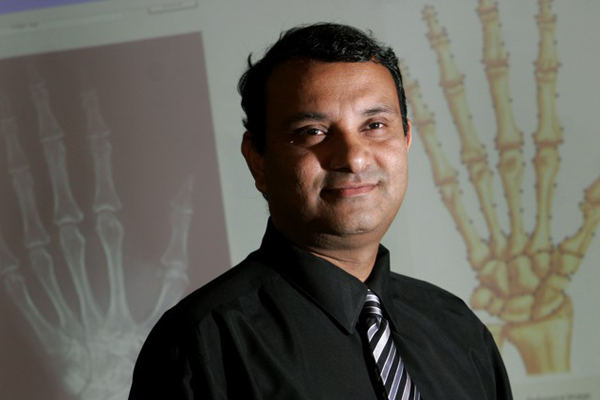
Excerpt from the Dayton Daily News
A former Wright State University provost — who was fired from a faculty position for his role in the school’s H-1B visa scandal — could get his job back if the outcome of a case headed to arbitration goes his way.
Sundaram Narayanan was fired in January 2018 by the WSU board of trustees after being on paid leave in a faculty position for more than three years. Narayanan was one of four administrators placed on paid leave in May 2015 when a federal investigation was launched into violations of immigration laws at WSU, which the university settled for $1 million in November.
Following the 2015 suspensions, this news organization revealed that Wright State sponsored 19 foreign workers who came to the U.S. to work at an area information technology staffing company that paid the workers less than what local graduates typically make for similar IT work. The arrangement violated immigration laws designed to prevent staffing agencies from trafficking in cheap labor from overseas.
Leaders of the school’s faculty union are now taking Narayanan’s case to arbitration because they believe “the administration violated the faculty member’s due process rights,” said Martin Kich, president of the Wright State chapter of the American Association of University Professors. A hearing is scheduled for next week, Kich said.
AAUP-WSU leaders think the administration had the right to fire Narayanan as provost, but Kich said they do not believe the correct process was followed to remove him from his tenured faculty job.
“The AAUP is not arguing that the former provost should not have been removed from his administrative position or even, for that matter, that he should not have been removed from his faculty position,” Kich said. “What we are arguing is that if the administration wished to terminate him as a faculty member, it was obligated to adhere to the process much more scrupulously than it did in this case.”

